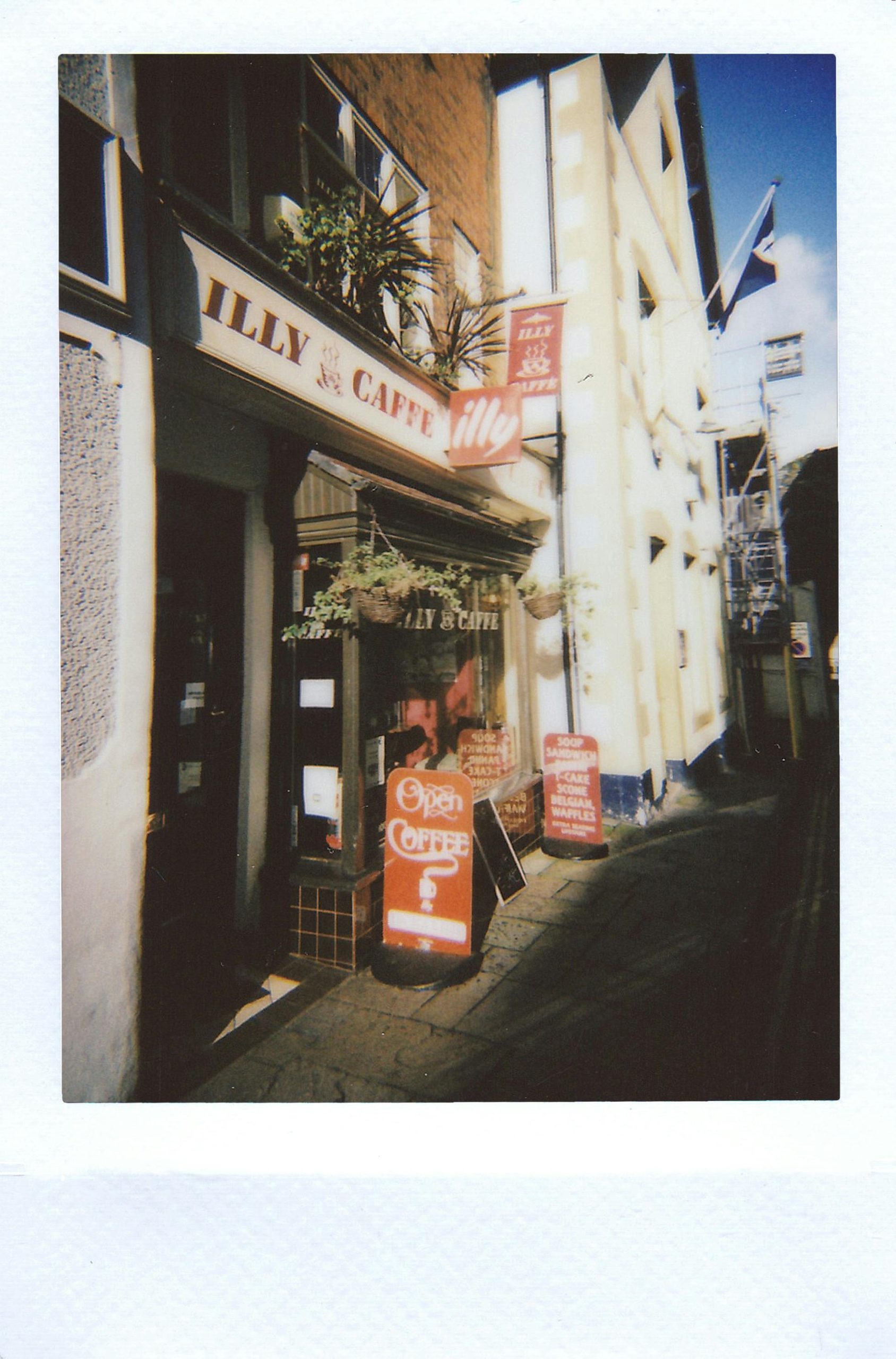Could Your Business Name be Treading on Trademark Territory?
Hello readers,
I’m reaching out to see if anyone can shed some light on the complexities of trademarks. Specifically, I’m hoping for insights on whether a business name I’m considering could potentially infringe on an existing trademark.
The scenario is that both my contemplated business and the one holding the trademark are within the same industry and offer similar services.
To give you a clearer picture, I’ve created a hypothetical example, though it’s quite representative of the actual situation:
- Existing trademark: Only Wash
- My proposed business name: Better Wash
I’d appreciate your thoughts on whether this poses a risk of trademark infringement or if it seems viable.
Thank you in advance for any guidance you can provide.










3 Comments
Hello,
Navigating the intricacies of trademark law can indeed be challenging, especially when the businesses in question operate in the same sector and offer similar services, as you’ve described. The concern you’ve raised about potential trademark infringement is quite legitimate. Here are some key insights and advice to help you assess the risk:
Understanding Trademark Infringement: Trademark infringement occurs when there is an unauthorized use of a trademark or service mark on or in connection with goods and/or services in a manner that is likely to cause confusion, deception, or mistake about the source of the goods and/or services. Since both businesses are in the same sector, this likelihood increases.
Similarity of the Names: While “Only Wash” and “Better Wash” are not identical, trademark law considers not just exact matches but also similar-sounding or similar-looking names. The risk of confusion is assessed based on how a consumer might perceive the two marks. If the names create a similar commercial impression, it might lead to potential infringement issues.
Consumer Confusion: Courts often assess whether the average consumer might be confused about the origin or endorsement of the goods or services. If your business name could reasonably lead to such confusion because it shares similar components and operates within the same market, this increases the probability of trademark infringement.
Distinctiveness and Strength of the Existing Trademark: Consider how distinctive and strong the existing trademark is. A strong and well-known mark will have broader protection, making it more likely that a similar name could be considered infringing.
Consult a Trademark Attorney: Given that both businesses are in the same sector, it would be prudent to consult with a trademark attorney. They can offer a professional assessment and conduct a thorough trademark search, which provides more clarity on where your business name stands in relation to others. This step is crucial, especially before you invest more resources into launching your business under this name.
Trademark Search Tools: You can conduct preliminary checks using online trademark databases such as the United States Patent and Trademark Office (USPTO) website if you’re based in the United States. This can give you an initial idea of potential conflicts, though it is not a substitute for professional legal advice.
Consider Alternatives: If there’s a significant risk of infringement, think about modifying your business name to ensure distinctiveness. You might explore using a more unique or coined term that aligns with your brand identity but clearly differentiates itself from
It’s great that you’re considering the potential legal implications of your business name before launching. Trademark infringement can be a tricky area, especially when operating in the same industry.
In your hypothetical example, “Better Wash” versus “Only Wash,” there are several factors to consider:
1. **Similarity of Goods/Services**: Given that both names operate in the same sector offering similar services, there’s an increased likelihood of confusion among consumers, which is a key point in trademark disputes.
2. **Distinctiveness**: If “Only Wash” has been established for a certain period and holds distinctiveness within the market, courts may view “Better Wash” as infringing, especially since “Better” can imply a direct comparison.
3. **Geographic Area**: If both businesses intend to serve the same geographical region, the risk is heightened. However, if “Only Wash” operates in a different area, the infringement claim may not hold as much weight.
4. **Trademark Search**: Before moving forward, it’s wise to conduct a thorough trademark search. This can help you identify any existing trademarks that may be similar and determine if moving forward with “Better Wash” could lead to potential legal challenges.
5. **Legal Consultation**: It may be worth consulting with a trademark attorney who can provide tailored advice based on your specific situation and help you explore alternative names that could avoid potential infringement.
Ultimately, even if a name seems appealing, ensuring it doesn’t infringe on existing trademarks
Great question! When it comes to trademarks, the key considerations typically involve the similarity of the marks, the similarity of the services or products offered, and whether there is a likelihood of consumer confusion.
In your example, “Only Wash” vs. “Better Wash,” the addition of “Better” could help distinguish your brand, but it doesn’t automatically eliminate potential infringement, especially if both businesses operate in the same industry and geographic area. Trademark law often assesses “similarity of marks in totality,” including visual, phonetic, and conceptual aspects.
It’s advisable to conduct a comprehensive trademark search in your jurisdiction to identify any existing similar marks. Consulting with an intellectual property attorney can also offer tailored guidance, including considering whether “Better Wash” might be deemed confusingly similar or if your use might be considered a “dilution” of the existing mark.
Additionally, registering your own trademark can offer significant legal protection once you’re established. Remember, proactive due diligence can prevent costly legal challenges down the line. Best of luck with your branding journey!